Hey Folks,
The night before last, I had a vivid dream.
I dreamt I was attending a debate between Donald Trump and Kamala Harris, which was attacked by terrorists or something. There are a big explosion, and I remember thinking that the whole thing was obviously fake.
Then I went outside and everything was on fire. Then I woke up.
I woke up thinking “Holy shit, I think they’re going to start a Civil War in the States.”
Take that for what it’s worth. I’m not claiming this was a prophetic dream or anything like that. It could just as well just show what’s been going on in my subconscious mind.
The possibility of a Second American Civil War breaking out is something that I’ve been taking seriously for quite some time.
The way I see it, there are two possibilities: Revolution or Civil War. And there sure ain’t too many signs that a revolutionary new social movement is about to storm the Bastille.
DON’T FORGET - IT’S PSY OP SEASON!
As we draw nearer to the U.S. presidential election, I see the possibility of a civil war breaking out as much higher than usual.
Why? Because it’s Psy-Op Season!
For the next four months, this should be your attitude:
WHAT IS PSY OP SEASON?
Psy Op season is the period before and after American elections where weird stuff happens. Roughly, we can consider the risk of state-sponsored terrorism to be from Elevated (Yellow) to Severe (Red) from now until mid-January.
That said, it might not actually be a plain ol’ terrorist attack. It could be an economic collapse (like 2008), an escalation of Israeli aggression (2012), an explosion in fake social movements (2016), insane lockdowns (2020), a fake “insurrection” (2020), and who knows what else.
Who knows? Maybe they’ll even finally break out the fake alien invasion.
If they do, just remember the wise words of Jewely G: IT’S MOST LIKELY A PSY OP!
If I had to guess, I’d bet that the federal government will declare war on far-right Christian fundamentalist neo-Nazi white supremacist nationalist extremists. In other words, white Christian gun-owners.
You know - the type of domestic terrorist who might have thought Oliver Anthony’s Rich Men North of Richmond hit the nail on the head.
Experts recommend turning off the TV, getting outside, talking to your neighbours, and polishing your tools, if you know what I mean.
No matter what you do, DO NOT BELIEVE ANYTHING THE MAINSTREAM MEDIA TELLS YOU FOR THE NEXT FOUR MONTHS.
Whatever they’re going to tell you, it’s probably the opposite of the truth. It will save time to just treat it like junk mail - toss it in the trash without opening it.
IF THEY TELL YOU IT’S MONDAY, CHECK THE CALENDAR.
And keep your stick on the ice. We’re all pulling for ya.
Okay, that was a goofy way to introduce what’s actually quite a sombre reflection on the First American Civil War by Nevermore’s Redneck Anarchist Philosopher W.D. James.
If you don’t know what Redneck Anarchism is, get your head out of your ass already! It’s been a thing for, like, THREE WEEKS already.
Yeesh. Get with the times.
Okay, without further ado, I present Civil War: A Melancholy Reflection.
Enjoy!
Crow Qu’appelle
Civil War: A Melancholy Reflection
by W.D. James
The weekend in April that A24 Studio’s Civil War came out I decided to go down to Stones River National Battlefield (if the South had won it would be called Murfreesboro Battlefield) in northern Tennessee and contemplate what ‘civil war’ really was. I thought the movie, when I saw it a couple months later when Amazon knocked the price down, was actually a pretty decent film. I like the retro idea of journalists who wanted to get at the truth and were willing to face danger in order to do so. Nostalgia set in the future. The film becomes available for streaming on HBO’s Max this weekend. But this reflection is not about that film, it was only occasioned by it.
My dark intuition is that we Americans are so divided that we cannot be brought together very easily. The sides may take turns ‘winning;’ elections, court cases and what not, but that does not represent the restoration of unity. That may take the catharsis of violence and something like a decisive victory, one way or the other. That is my intuition. How valid is that?
So, I went down to Stones River.
There between December 31st, 1862, and January 2nd, 1863, General William Rosecrans’ Union Army of the Cumberland advanced to attack General Braxton Bragg’s outnumbered Confederate Army of Tennessee (the Confederate naming convention for armies and battles was by geographic location while the Union used rivers) and, initially, was outgeneraled. Bragg got the jump on him by attacking the Union right flank first and routing the Union army. Not that a new civil war would look much like that one. I didn’t go there to think about the strategy or fighting, per se (though I am a complete military history nerd, truth be told).
Why Stones River then? Because that was the nearest major Civil War battlefield that I knew my great great great father had fought at. He was in the 59th Ohio Volunteer Infantry regiment. He is in my paternal grandfather’s line of the family. The other three grandparents were all born in Kentucky. I have not traced any of those lines back past about the 1880s, so I don’t know what they were doing in the Civil War. If any of them fought in the Civil War, and if they fought for the Confederacy (Kentucky never seceded from the Union but fielded units for both the North and the South), then they were likely on the other side of that field at Stones River as part of the Kentucky ‘Orphan Brigade’ (‘orphan’ because their state never seceded to support them). On the other hand, if those hypothetical relatives sided with the Union, then my grandfather may have fought with them at the battle of Shiloh earlier that year when his regiment was brigaded with some Kentucky units. I wanted to think about him and see if he could tell me something across all the years.
During the battle, my grandfather’s regiment was initially held in the reserve and took up positions along the Nashville Pike where the Union army eventually recovered itself and repulsed the Confederate advance. A couple of days later, on January 2, they were part of a successful counterattack launched from the Union left flank against General John Breckenridge’s Confederate division. This followed an initial assault lead by Breckenridge’s troops against the Federal flank in which the regiments of the Orphan Brigade were decimated and they got their name. General Bragg reportedly rode among them crying “my poor orphans.”
Out of 78,000 effective soldiers fit for duty at the beginning of the battle, counting both armies, almost 26,000 would be dead, wounded, or captured by the end of the 3 days (combat was mostly limited to the first and last day of the battle). An average casualty rate of 33.3%. My grandfather’ regiment suffered only 85 casualties; so relatively light.
(The Slaughter Pen where Negley’s division fought from behind shelter, repulsing numerous waves of Confederate attackers, securing the center of a Union line of resistance. There are many reportings of ghost sightings in this area. Author’s photograph.)
The regiment’s battle report reads (I used this and detailed map of the engagement to trapes along something like his path):
HDQRS. FIFTY-NINTH REGT. OHIO VOL. INFANTRY, Camp near Murfreesborough, Tenn., January 5, 1863.
SIR: I have the honor to transmit to you the report of the Fifty-ninth Regt. Ohio Volunteer Infantry, of your command, of the battles from December 31, 1862, to January 3, 1863.
On the morning of that day my command was formed at 4 o'clock, in accordance with previous orders, and, with the balance of the brigade, started at 8 o'clock to take position on the left, when we received orders to march immediately to defend the wagon train against the attack of the enemy, which was done with promptness, and they were driven back with loss, and the whole train was saved.
We then received orders to march back and take position on the right; of Col. Beatty's command, in front, as our forces were hard pressed at that point, in line of battle, and moved forward to attack the enemy; and after moving across the woods we came into an open field, which we moved rapidly across until we reached the woods, and my skirmishers soon discovered the enemy in heavy force and in strong position in front, and fired upon him and fell back to the line, which I immediately ordered forward and made the attack; and after firing upon them several rounds, and holding them in check for some time, we were forced back by superior numbers about 20 paces, when, by the prompt assistance of my officers, we succeeded in rallying the regiment and took position behind a fence, and then poured volley after volley into the advancing ranks of the enemy, and held them in check until Maj. Frambes, upon the right, informed me that we were being flanked upon that wing and that the balance of the brigade was falling back, when I gave the order to fall back, inclining to the right in a skirt of woods, and thereby protecting, to a great extent, my command against a most galling fire in rear, and, to some extent, a flanking fire also.
My officers again coming promptly to my assistance, we succeeded in rallying the regiment again, and moved to the right, through the woods in front of the enemy, and by a well-directed fire checked his onward movement, and held him at that position until the balance of the brigade was put in position, when we moved forward and drove the enemy from the field with great slaughter and in complete disorder. We then, by your orders, took a strong position in the woods, and I threw forward my skirmishers; but the enemy, although making several demonstrations on the right, did not dare again to approach. We held our position until darkness closed the controversy for the day.
We then, during the night, moved to the left and went into camp, but were soon ordered to get into line of battle, and there remained until daylight, when we moved across Stone's River and took position upon the extreme left, and during that day had heavy skirmishing, until night ended the fight.
On the next morning we were ordered to form in column of divisions and take position near the woods and throw out our skirmishers, who soon came in collision with the enemy's, and each in turn advanced and fell back until about 11 o'clock, when the enemy got a battery in position and commenced to throw an occasional shell in the direction of our line, evidently feeling our position, when, by your orders, Maj. Frambes moved my command back and took position upon some low ground, and gave the order to lie close, to protect themselves against the enemy's shells, and there remained until about 2 o'clock, when the skirmishers were driven in, when I gave the orders to Maj. Frambes to deploy in line and move forward near the woods. About that time the enemy succeeded in planting a second battery directly in our front, and commenced to throw shells, when we again laid close to the ground. The enemy then planted another battery still farther upon his right and our left.
(Union artillery still deployed along the Nashville Pike where the Army of the Cumberland, and my grandfather among them, ‘held the line.’ Author’s photograph.)
About 3 o'clock our skirmishers were driven in, and it was very soon apparent that the enemy was approaching in force to attack, and at that time he opened with musketry and artillery along his whole line, and moved forward upon our forces in five heavy columns of brigades; but in his movement all in front of us was entirely clear of our army, and his right had passed our right, and we were about wheeling to give him a flank fire, when we discovered emerging from the woods the same number of his columns, moving with his right upon our left and passing us, when Maj. Frambes was ordered to fall back with the command, which order was executed in excellent style until the enemy,; by his terrible discharges of musketry and artillery and the weight of his columns, bore down and threw into disorder our whole lines, when we were thrown back in confusion, but succeeded in again rallying our line at a fence in our rear; but all in vain, for no human power of our strength could withstand such a force.
But about that time the scene was destined to change. Our artillery and musketry opened upon their advancing ranks and columns with fearful destruction, but still he moved steadily forward. At that time every officer in my command seemed aroused to a sudden sense of duty, and dashed in to rally what he could for a grand stand, without reference to a general rallying of the regiment, and went into this terrible battle, Maj. Frambes taking command of one wing, Adjutant Holter of another, and each officer with all he could gather; and at that time the fight became terribly fearful, and the enemy was turned and thrown into complete confusion, and was driven, with awful slaughter, from the field. And I am proud to say that every officer and soldier in my command did his whole duty, and we gained, on that day, a magnificent victory.
We lost, during the several battles from December 31 to January 3, in killed, 3; wounded, 37, and we had 45 missing, very few of whom were captured by the enemy, many of them being ordered to guard the train to Nashville.
My command in the several battles captured 56 prisoners, among whom were 1 captain and 1 lieutenant. We commenced these battles with 291 officers and soldiers, and we have now for duty 206 officers and men. I had 2 officers wounded and there are 2 missing. It is due to my command to state that one part of them assisted in taking the battery which was captured.
I cannot close this report without awarding due praise to my officers, and in doing this I must name them here, so that the world may know who have actually played a prominent part in these splendid victories before Murfreesborough, that must electrify the world, and cause every true Union man's heart to thrill for joy. I can, under all circumstances, rely upon Maj. Frambes, who was everywhere present in the very hottest of the battle, fearless of his own safety. He deserves his country's praise. Adjutant Holter, amid showers of bullets, carried my every order to any part of the field, regardless of his own safety. Let his country do him justice. Lieut.'s Woods and Kibbler deserve to be remembered by those who may live after them. Capt.'s Vanosdol and Sargent, and Lieut.'s Stevens and Smith can be relied upon in any emergency; and it was truly a source of pleasure to me to see Capt. L. J. Egbert move steadily forward in battle. He deserves his country's honor. Lieut. John O'Connor, after being severely wounded in the hand, bound it up himself, and he continued in command until night, at which time he had his finger amputated, and was compelled to leave the field. The name of such a patriot will live after him. Capt. Hill was severely wounded in the face, and was compelled to retire. A better officer I do not want.
My surgeons, Drs. Hays and Gordon, have my sincerest thanks for their prompt attention to the wounded.
Companies F, G, and H were commanded by Sergts. Jesse Ellis, Cohen, Hawkins, and Riley, each of whom deserves a commission, because they fairly earned them.
Note that even with the relatively low casualty rate, three companies were being lead by mere sergeants and the regiment ‘broke’ at least three times on the first day of battle but was able to reform each time.
What did I learn from my weekend on the battlefield? I’m not sure, that is why I haven’t written about it until now. That civil war did settle some things. However, it did not immediately achieve unity. Former Confederates were denied positions in the US Army until the Spanish-American War (and allowing former officers to serve again in that conflict was explicitly to promote reunification and healing). Racial wounds were not healed. Even in the early years of my life, it was not complete. When my family stopped in a souvenir store in southern Georgia in the 1970s on our way to Florida, and I proudly donned a felt Union cap my parents had bought me (the store was filled with Civil War era symbols and themed toys and souvenirs in those days), an adult present did not feal it out of order to look at me and declare “damned Yankee.”
The little else I know about my grandfather, besides what can be gleaned from the 59th OVI regimental histories, is that he was a farmer, he and his six brothers all volunteered to fight in the Civil War (and all returned home alive, which was way against the odds), and that he played the fiddle (still a prized family possession).
So, as to my ‘dark intuition…’. Civil wars do tend to settle some things: somebody loses. At least from the example of the Second American Civil War (the American Revolution was in fact the first, as a significant portion of the population remained ‘Loyalist,’ and beyond that we were all British to start with) it is not clear that the violence effects a unifying katharsis. Even the ‘solutions’ brought about may take a century or more to work themselves out.
They do not represent easy solutions, for sure. Further, civil wars tend to establish more authoritarian regimes. The English Civil War did that in Cromwell’s Protectorate and that took at least a half century to somewhat work out. The Second American Civil War certainly did the same. The American State was really built during the Civil War (and Lincoln suspended large parts of the Constitution in order to prosecute the war aimed at preserving the Constitution, or the Northern interpretation of it anyway) and the occupation of the South during Reconstruction. The First American Civil War is probably a counter example where we exchanged colonial status under a monarchy for something pretty closely resembling republicanism.
Yet could the first or second ones really have been avoided? Looking backward, they seem almost fated to have occurred. Is a third one in the offing? The first two have clearly discernable material bases in addition to the ideological bases. The colonies facing taxation where clearly we were better off economically going it alone. The second one over slavery (having pretty thoroughly studied the secession debates in many of the states and taking the overall situation into consideration, I fear it was at bottom about slavery—and other things like agrarianism and local self-determination, but mainly slavery at the end of the day).
On the optimistic side, I do not see as clear material factors driving us apart today. Yet we do seem to be forming up sides. There are material factors present in our current situation for sure, deindustrialization, globalization, etc…, and the various winners and losers from those trends. They don’t seem as deterministic to me; but future historians may see that they were.
On the pessimistic side, I’m not seeing much common ground really. ‘Common ground,’ to the extent it is rhetorically appealed to, is used mostly as a cudgel to hit the ‘other side’ over the head with. Also, we’re a fractious people. Maybe we can’t avoid a civil war every century or so?
So where are we and what should we be hoping for?
I think there are relatively few ‘good wars.’ I’m sure there are drastically fewer ‘good civil wars.’ Whether we’re headed for another one or not, I don’t know. I think the odds are still against it, but nothing is getting saner in our shared national life. Between now and January 20th when someone is, presumably, sworn in as the next President, I suspect we’re in for the craziest four months of our history, barring (possibly) the first four months of 1861. That that seems to be the natural point of comparison does not bode well. What is our level of confidence that whoever is sworn in in January will be one of the two current candidates?
So, again, what, if anything, did I learn hanging out on the battlefield my grandfather had fought on? I think that being there and reading his unit commander’s battle report did yield a couple of lessons. I don’t really know, but I doubt that my grandfather conducted much of a strategic analysis of the causes leading up to the Civil War. He did live in sight of the part of the Ohio River that was a heavy crossing spot in the Underground Railroad, so I suspect he had views on slavery and abolition, but I have no idea what those were. If he was like his neighbors, he did not want war: while Ohio as a whole voted strongly for Lincoln in 1860, my grandfather’s county went majority Douglas. That may have reflected the other reality of life on the River: you and your livelihood were connected to the South further down the river.
Maybe he was motivated by some set of grand ideals then. Given his educational level though, probably not. He did volunteer though (Lincoln eventually had to institute a draft to keep the Union army up to strength as the war drug on and the North was not doing well). He probably had some notion of defending the Constitution or ‘preserving the Union.’ Whatever my Kentucky forebears were doing, they probably had to think it through a lot more intentionally. We would be more in their position as, geographically, our current divisions largely map out as urban and not urban, though there is a sectional aspect and it is still completely possible that American federalism would play a part in a coming-apart (as it does in the recent film).
What was he doing in northern Tennessee, slogging through the mud and fighting in the cold for then? Well, war had come. At that point, he did what he felt he needed to do and ought to do. I’m sure he didn’t realize what that would really cost on the fields of Shiloh, Stones River, Chickamauga, and other places. He saw it through though. I think that is what I learned: the little guys don’t get to decide if there will be a war or not. Even the big guys may just be playing their parts on a stage that history and the structural conflicts of history have set in place. Then the little guys have to decide what they are going to do and see that through one way or the other.






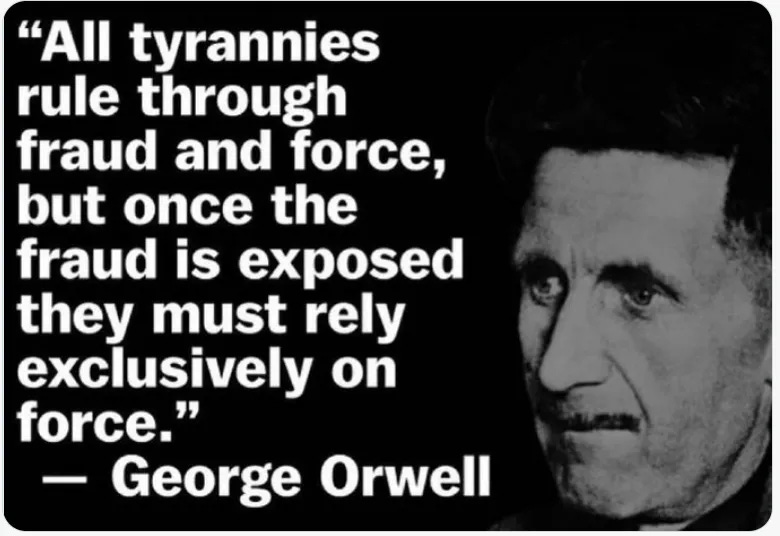
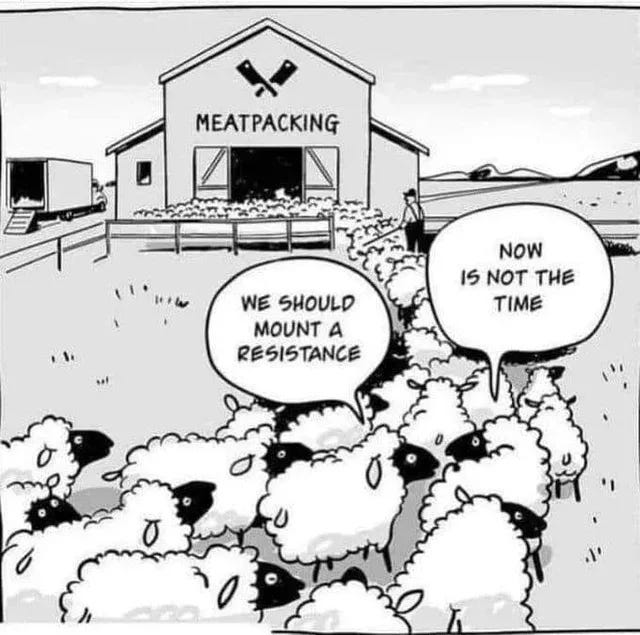


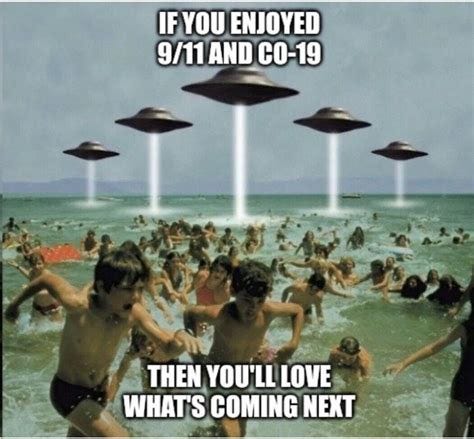





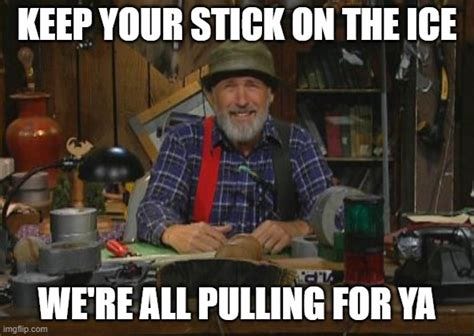
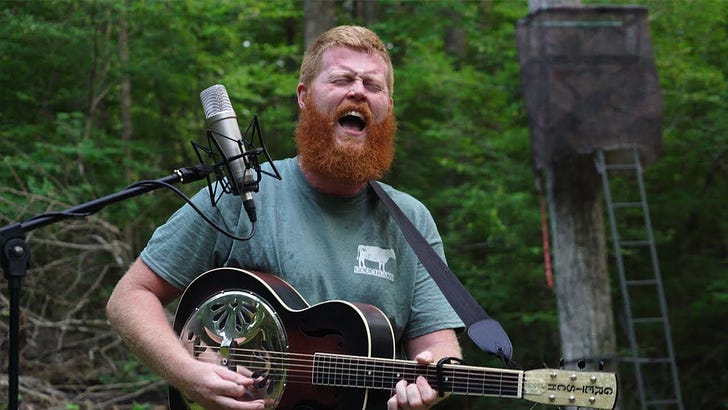
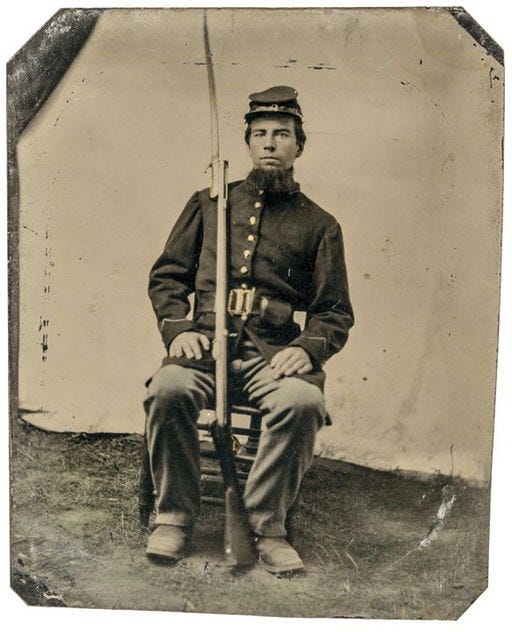


As a genealogist, I enjoyed reading this. Living in the South, there's a certain reverence for the Civil War, or to clarify, The War for Independence. The South didn't want this war, they were thriving and the North was dying. What is interesting is, it depends where you were raised, what you were taught about that war. When you consider the two wars, the Civil War was over economics, where the Revolutionary War was against the English, in our present state, it would be a war against the government.